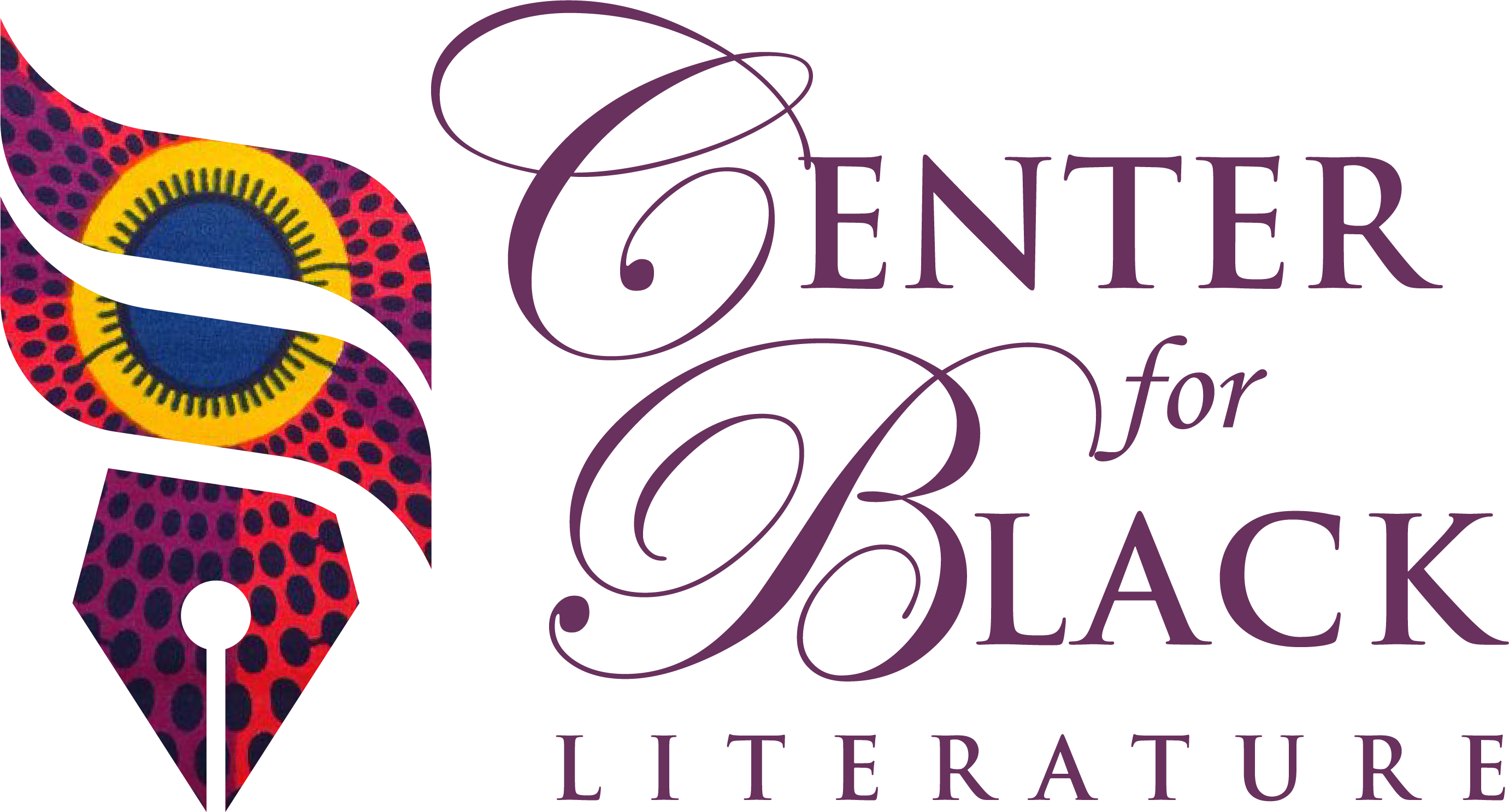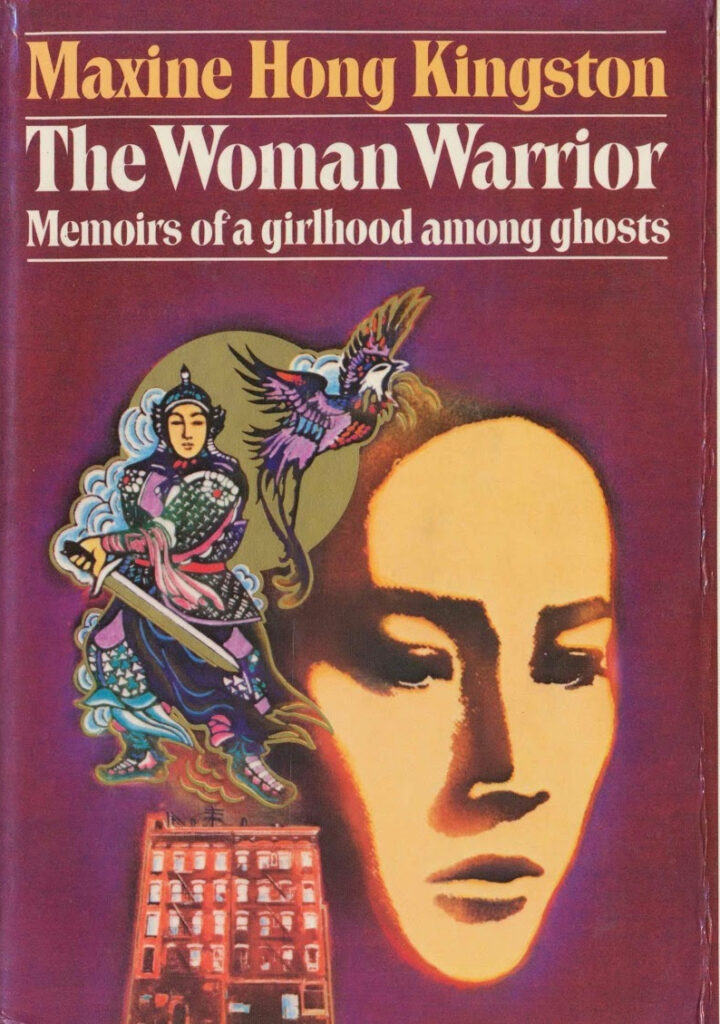By Cinnamon Barrington | There is a huge diversity of ethnicities and cultures practiced by people around the globe. In more conservative societies, men occupy positions of authority within the home and women are consigned to secondary roles. The Woman Warrior: Memoirs of a Girlhood Among Ghosts, by Maxine Hong Kingston, is one of the books that we are studying in my Asian American literature class. This memoir sheds light on the nature of authoritarian societies from a new angle. Kingston’s use of the memoir form demonstrates how perception can change an individual’s view. Kingston reflects on the stories within her family that her mother has told her when she was growing up. Unfortunately, growing up I did not know much about Asian culture besides the foods I learned in elementary school. Taking this class and reading The Woman Warrior expanded my mind about the similarities of patriarchal societies in different cultures and the experience of being a woman in China who is unable to speak up for herself.
I found it interesting that Kingston wrote her memoir based on the stories her mother told her. At the beginning of the book, we encounter Kingston narrating in the first person as her mom tells her a story. The story is about Kingston’s aunt who lived in China and was known as the “No Name Woman.” The story reveals how she bases her interpretations of her aunt on what her mother tells her, yet from her mother’s perspective, it is difficult to interpret what truly happened to the “No Name Woman.” Kingston views her aunt as someone who was taken advantage of by her baby’s father, but she also judges her as a “loose woman,” based on how her mother describes her. The way the women are taught to view themselves as “less than” reveals the structural order in Chinese culture.
The protagonist’s aunt, the “No Name Woman,” was a character that particularly stood out to me. Due to her aunt giving birth out of wedlock, she was completely shunned in her village. Automatically I knew how she was treated and viewed since in many patriarchal cultures women are viewed as inferior, expected to behave submissively, and stripped of individuality. The “No Name Woman” was not even allowed an identity. Kingston demonstrates how her aunt was shamed in society. The villagers shamed the aunt by throwing mud and rocks at her window as a sign of disgust towards her. The “No Name Woman” ends up getting married to a man from another village whom she had never met. This demonstrates how little the idea of romance is respected for women; instead, it is forced upon them. Women are viewed as objects rather than as actual human beings. Unfortunately, the “No Name Woman” was soon found dead at the bottom of the well.
The family’s lack of respect toward the “No Name Woman” extends to the point of deliberately erasing her memory from the family. The treatment of gender roles in this memoir gives an inside look at how certain cultures are structured, particularly the social hierarchies that are the norm in many situations. For example, in my own culture, which is also patriarchal, being unmarried and having children out of wedlock is similarly viewed as a weakness. I find it interesting how patriarchal cultures objectify women and view them as weak and inferior. Kingston reflects on how the Chinese myths and stories she was told shaped her into the woman she is today. She analyzes how the intertwining ideologies of identity and culture influence an individual’s behavior.

